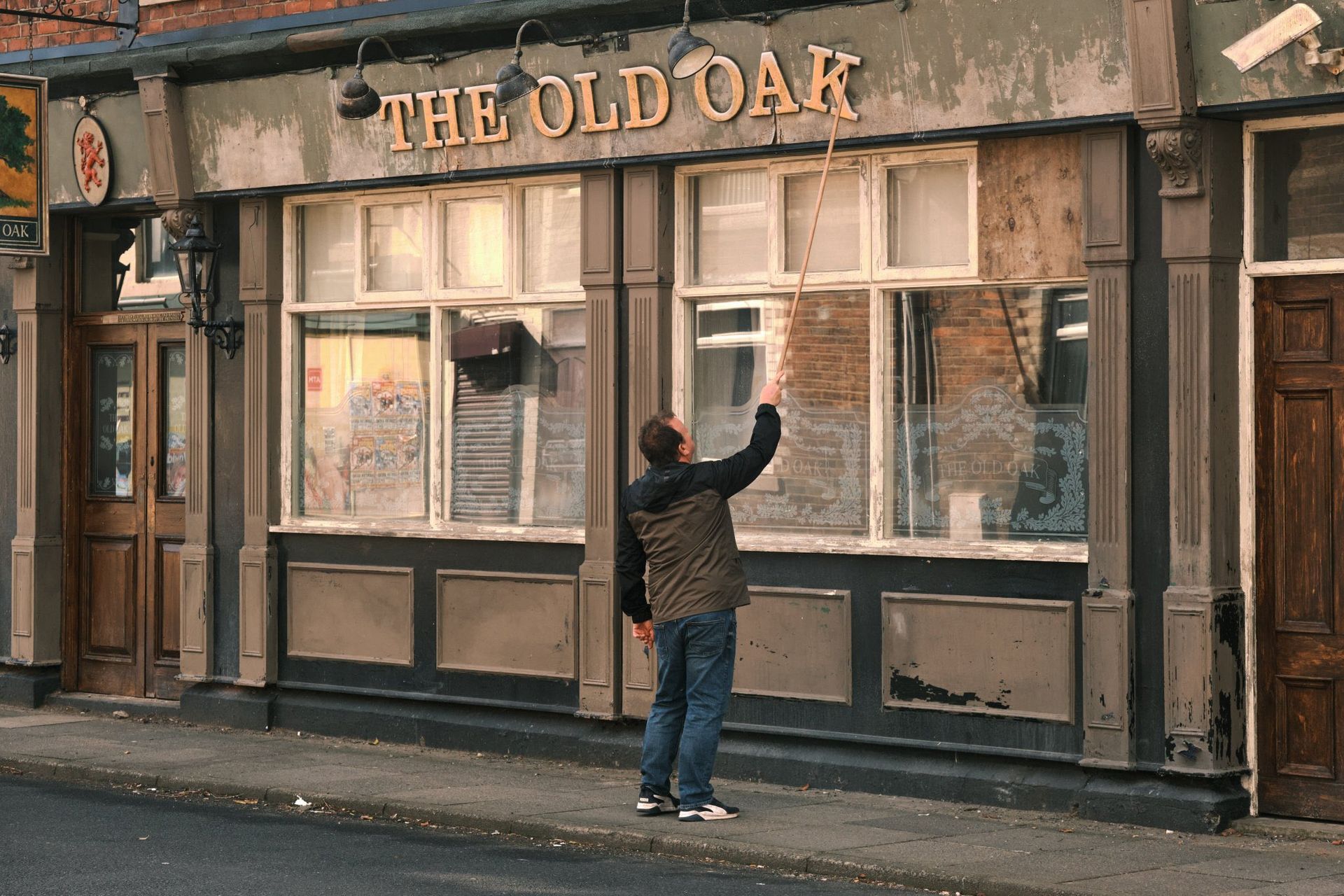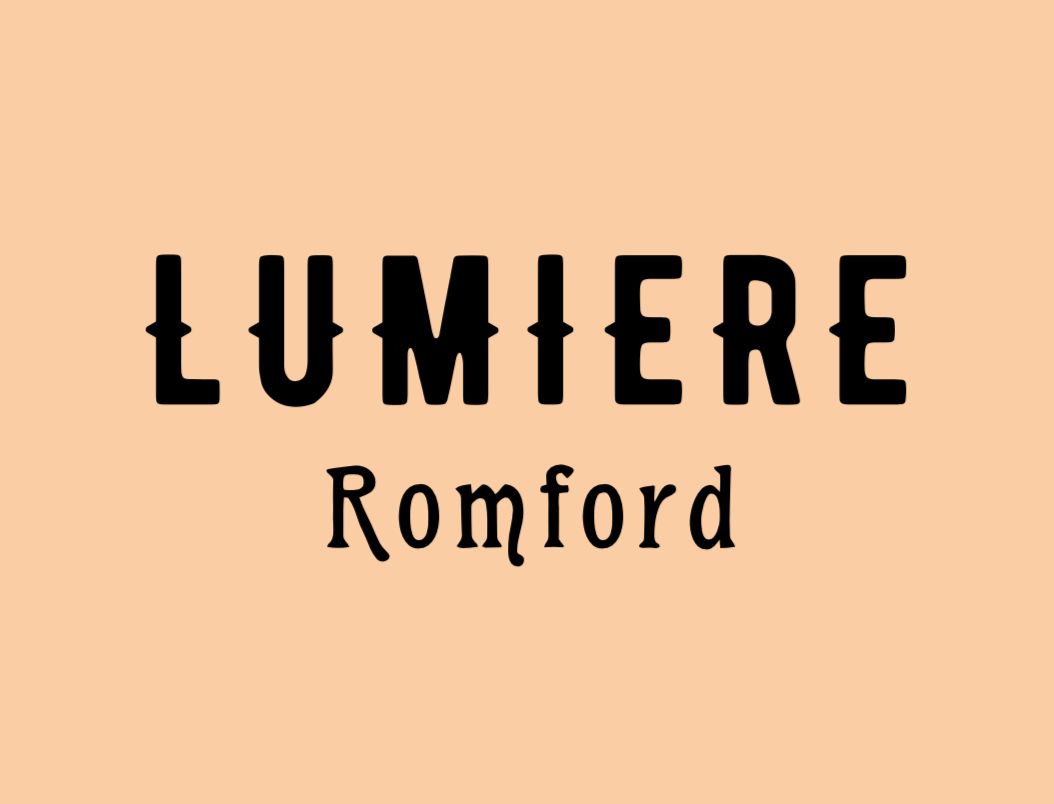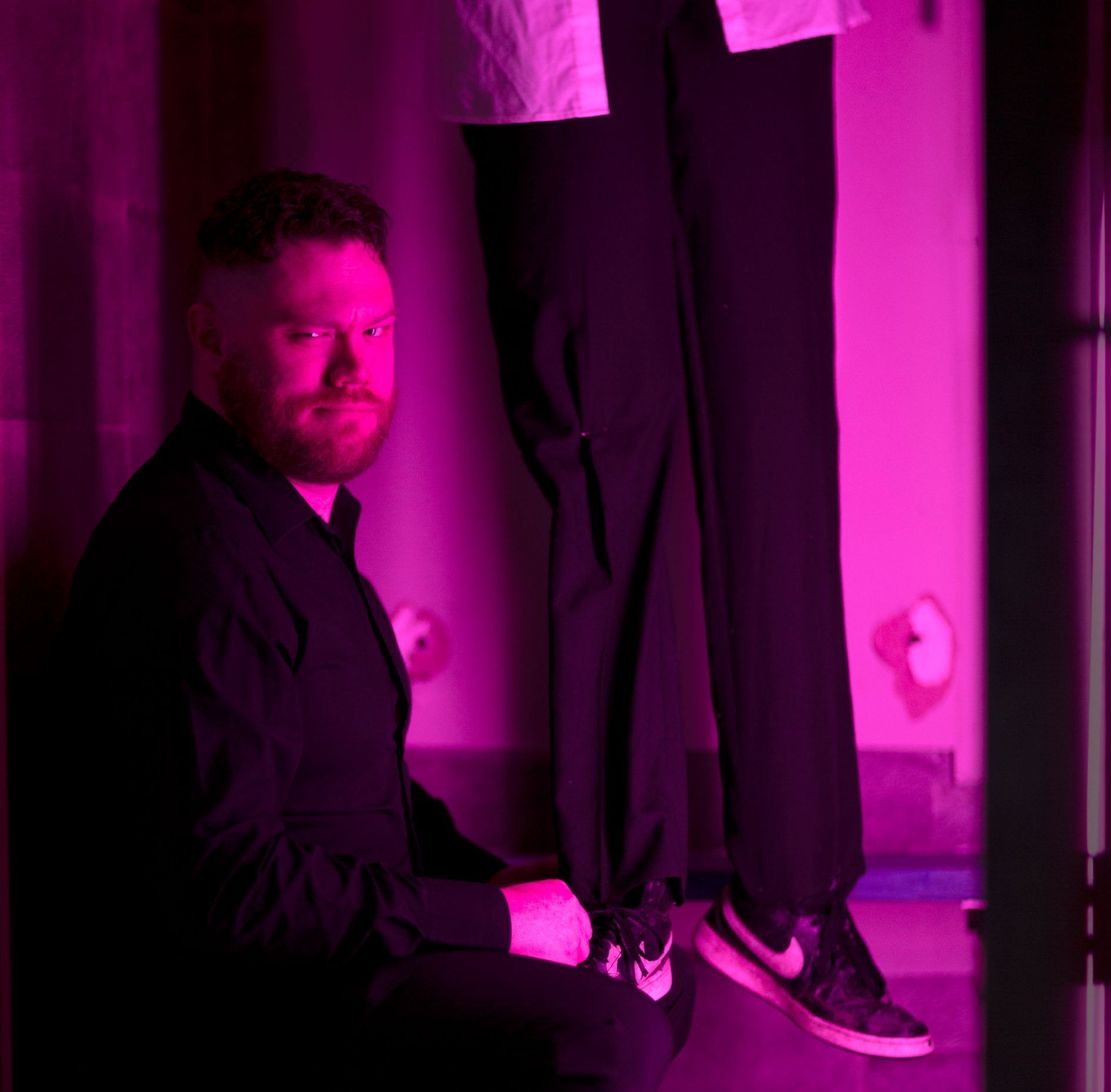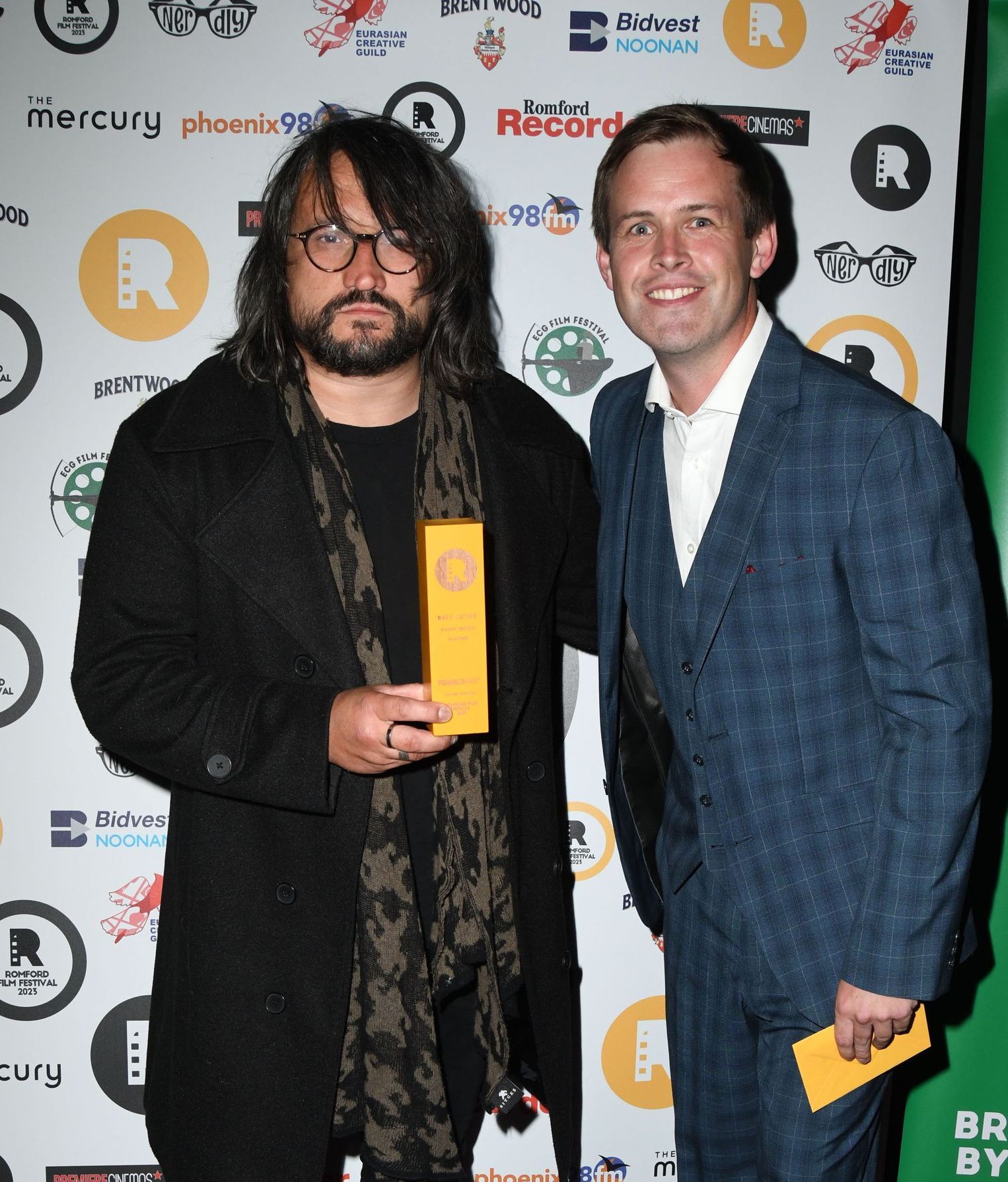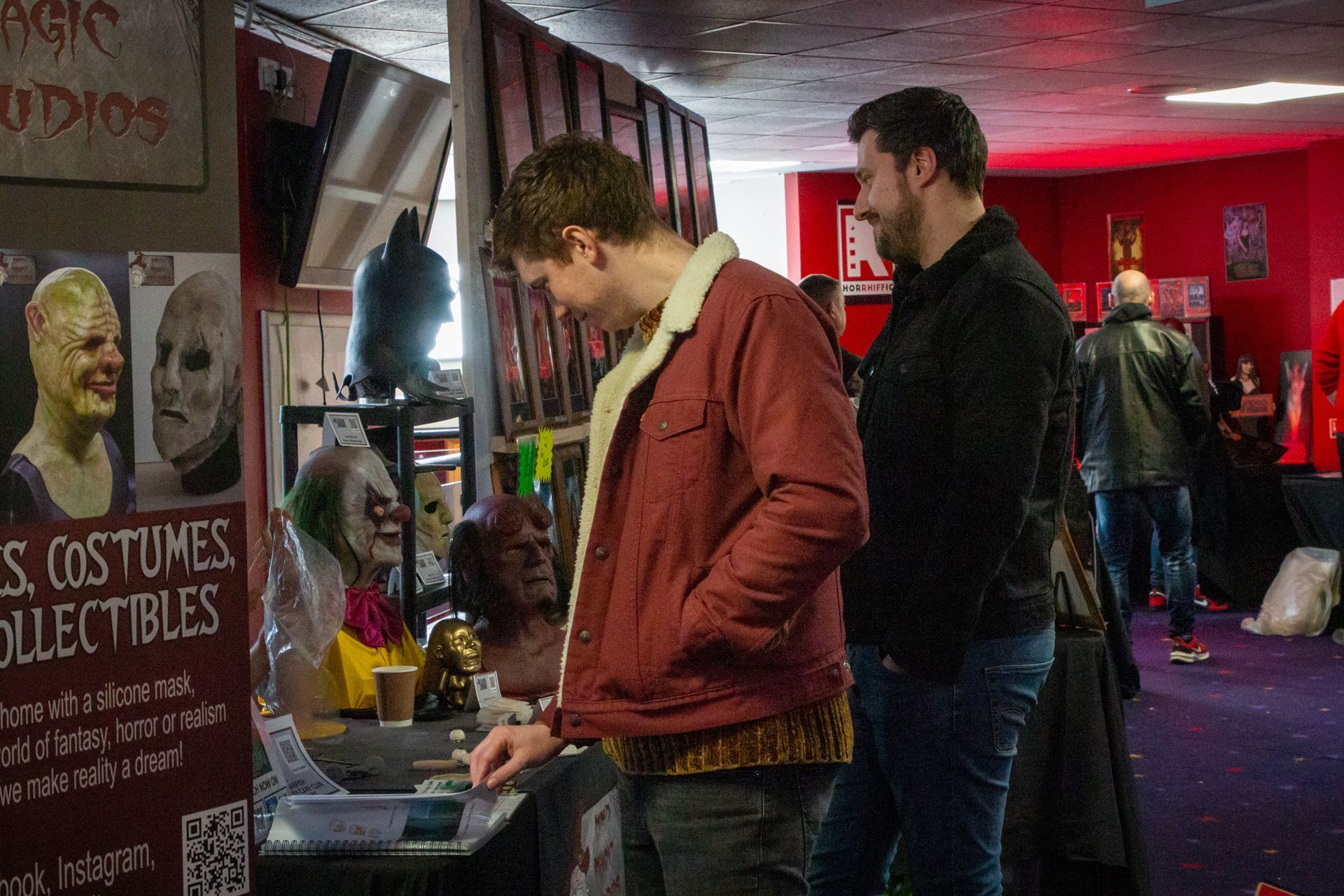Strings And The Power Of Autistic Cinema
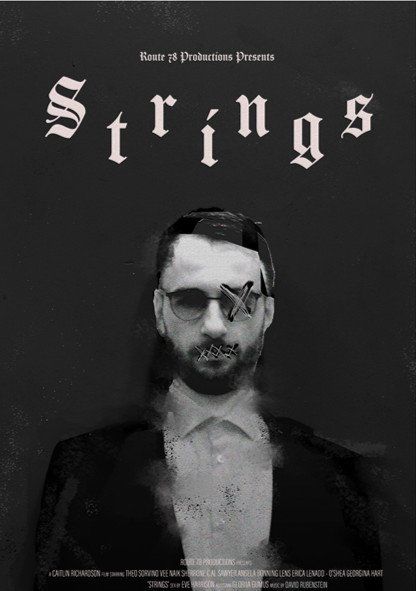
Norman works very hard in his job but is overlooked and abused by his boss, William. Until Norman takes revenge. A silent film with an operatic style and modern twist.
In her submission, Caitlin Ellen Richardson wrote “It was great to create 'Strings' and pay homage to some Horror classics that have influenced me. The cast and crew were great and really put their all into the characters. All of the cast volunteered to take part as they really enjoyed the story being told. As a young Autistic film maker, I think it's really important to show people you can do anything and you can achieve anything when you put your mind to it - even on a 0 budget, do it for your passion of film.”
Just going for it is the one piece of advice that a filmmaker needs to hear. You do not need to wait for permission from anybody to create. We often put great ideas on the backburner until we have enough money to create the next Hollywood blockbuster, or until we find the next best actor to bring the role to life. This can also be a safety net, if we don’t get around to making it, it can’t fail right? If the idea is worth doing, its worth doing however you can. Even if it means inviting friends over after work and filming in your back garden.
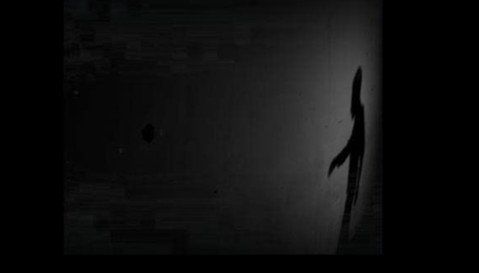
If money truly is a barrier between you and the film, then jump straight into a money raising campaign. There are plenty of platforms that allow you to pitch your idea to the public, allowing them to invest in its creation.
It is also important for you to create no matter your background, Caitlin Ellen Richardson is an autistic film creator, meaning she will have a different view of the world than neurotypical creators. This is important to note as it allows an insight into another way of thinking and opens up a whole new form of film making.
Autistic cinema may lead us to think of films such as Temple Grandin (2010) or Rain Man (1988), and while their representation can be debated to be either positive or negative, they educate the audience on something they may never have experience with. Although Strings may not be about an autistic character in the same way the previous examples are, it still allows the audience to experience something from a neurodivergent perspective.
It can be argued that the cult classic The Room (2003) is classed as autistic cinema, where the characters actions are unexpected, and plot points drop off without concluding. Giving more autistic creators a platform to direct and edit film will lead to exciting alternative structures. If we constantly follow the standard structure, we will end up with bland films we feel we have seen a thousand times.
A final point on autistic cinema is the experience itself. Some cinemas now have autistic friendly screenings, which includes clear maps of the cinema, an explanation of what the viewer is to expect from the moment they walk inside as well as carefully selected films to screen. Caitlin Ellen Richardson does note that the film contains strobe/flashing effects.
Check out Caitlin Richardson on
IMDB
